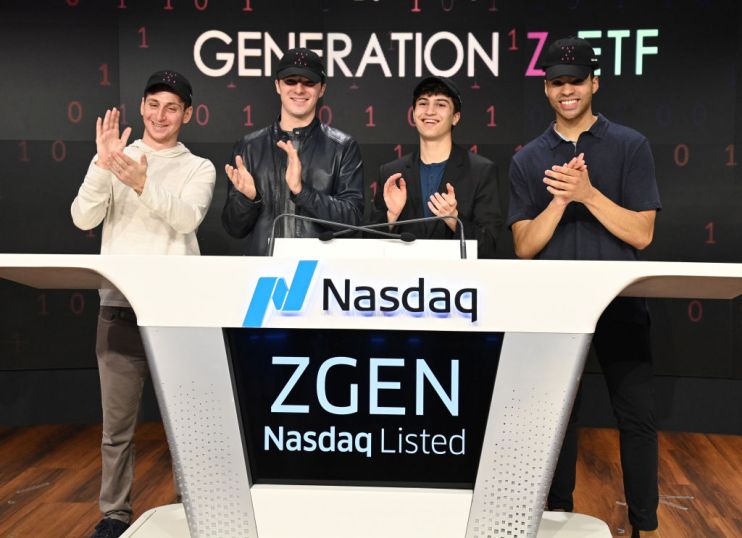Brace yourself, Gen Z and their ‘quiet quitting’ trends are ready for the workforce

The end of August is back-to-school season. But September is significant for a different type of new beginning. Soon, thousands of businesses will be welcoming Generation Z graduates into the office. So who are Gen Z, and what advice is helpful for the incoming workforce and their new employers?
Born between 1997 and 2012, Gen Z will soon surpass millennials as the largest work generation and by 2025 will account for 25 per cent of the global workforce.
And yet, according to a CBI survey, more than half of young people do not feel prepared for work. But why? Some point to the lack of opportunities, like work experience, during the pandemic. One in four students have had no practical experience in the working world, according to a report by Launch Your Career published last year.
At the same time, the proportion of young people with Saturday jobs has halved in the last 20 years. This is not to say that Gen Zers aren’t doing anything (they are known as the Depop Generation for a reason), but these so-called side hustles, whilst showing energy and application, still don’t prepare school leavers for the structure of a formal workforce.
At the same time, companies should expect to be challenged too. The first Gen Z workers have already made an impact on company culture. They can be demanding – things like a better work-life balance, clear career progression, and “value alignment” are not just preferences – they’re firm expectations. If their needs are not met, they can be very willing to walk away (Beyonce herself has recently endorsed this approach, encouraging fans to quit their jobs).
And some don’t make it to their first day at work. Once firmly associated with online dating, “ghosting” is now alarmingly commonplace in the job market. Recruitment firm Randstad reported that 43 per cent of those aged 22 and younger accepted job offers – and then never showed up. One entrepreneur told me that they were shocked when, last year, none of four new hires showed up on their first day – with IT equipment bought, seating plans fixed and training put in place.
They felt as jilted as anyone on Tinder. This year, they have communicated far more with new starters throughout the process and expect a happier result.
Another trend taking Gen Z by storm is “quiet quitting”. Beginning as a Tik Tok trend in China, the “lying flat” movement encourages workers to do the bare minimum if they feel under valued or appreciated, doing just enough to keep their job. While this concept isn’t new, it has certainly never been as widely celebrated. Some companies are responding by increasing “spyware” controls on company computers to track activity. Anyone who has parented teenagers in the last decade will smile at the naivety of thinking you can outsmart Gen Z using technology.
Successful recruiters have learned that it’s better to engage.
Both Gen Z and their managers want to be understood better and both can work at that. Gen Z readers can consider applying the “is the role personalised to me and my values?” mentality to how they relate to their manager. Ask your new boss for their preferences. Do they like having pre-reading before a meeting? How regularly do they like updates on a project? Learning about your manager will enable Gen Z to foster a positive relationship that will make work more enjoyable and successful.
Gen Z will provide us with fresh perspectives and innovative practices. Their passion, when they feel connected to their work, is invaluable. To attract and retain this generation, businesses must offer a transparent and open company culture, and clear communication channels. With that in place, we have also found that we can expect a strong work ethic and effective teamwork between all the generations.
